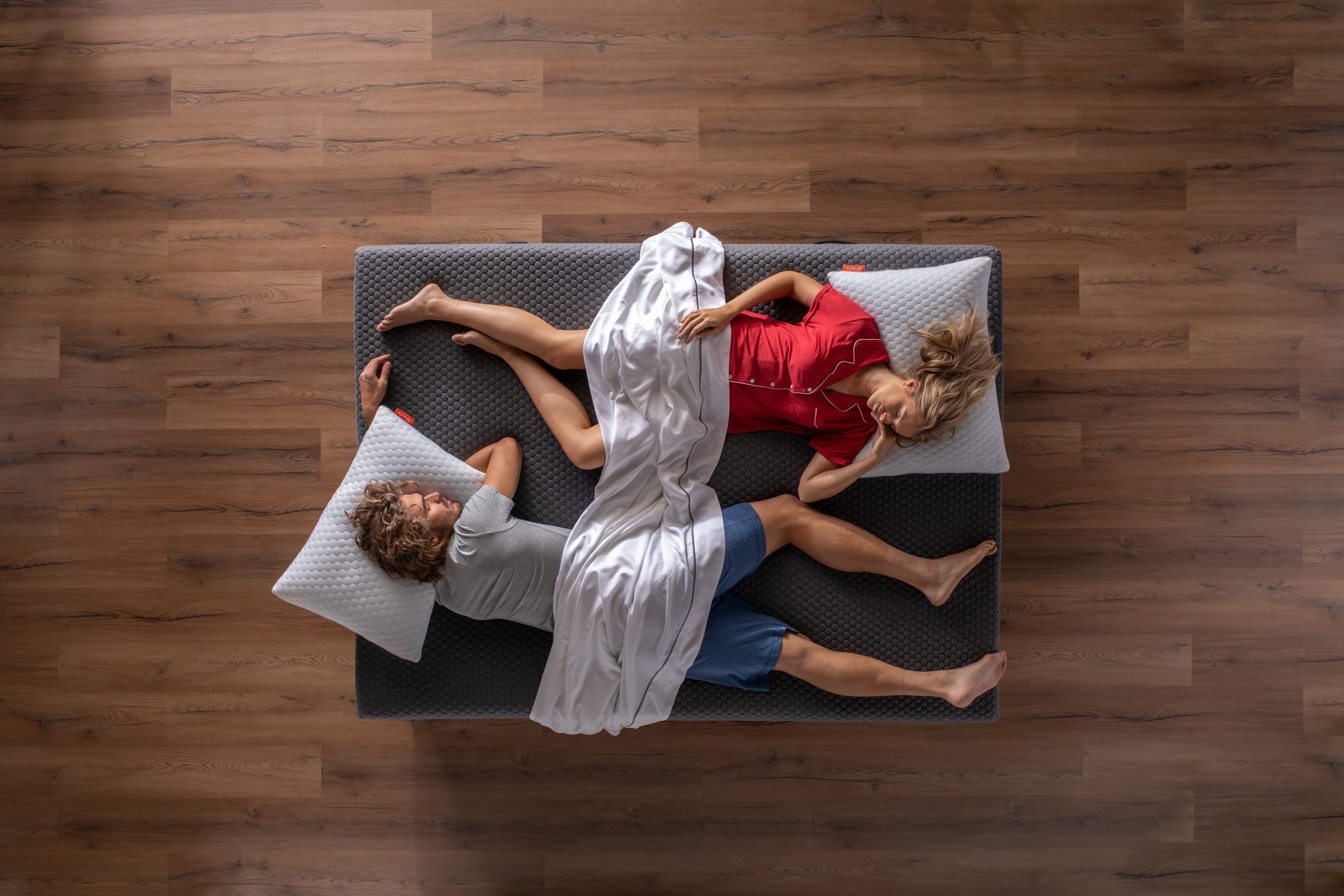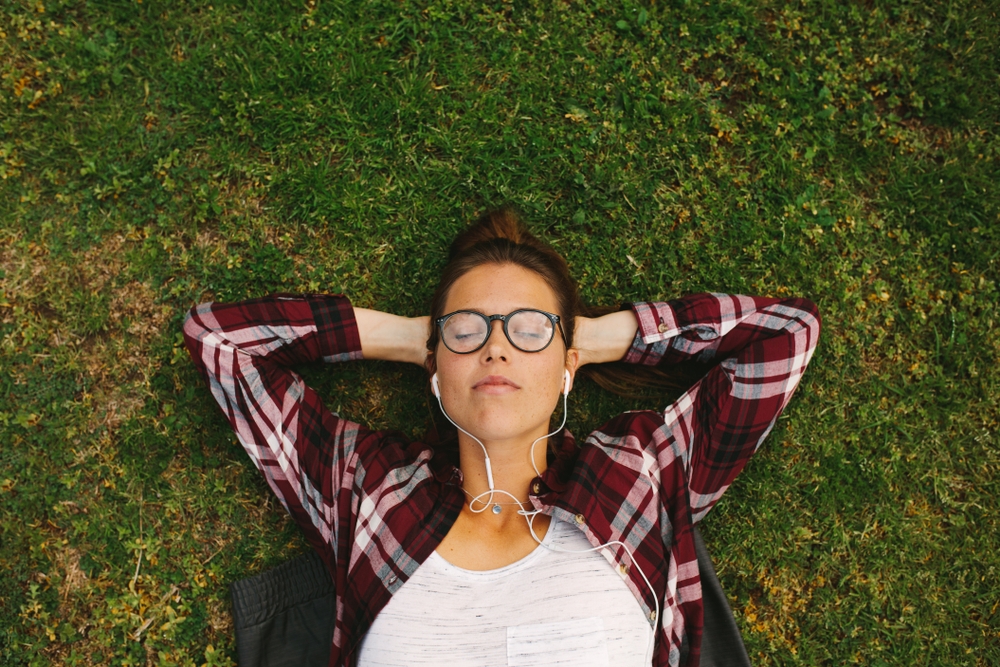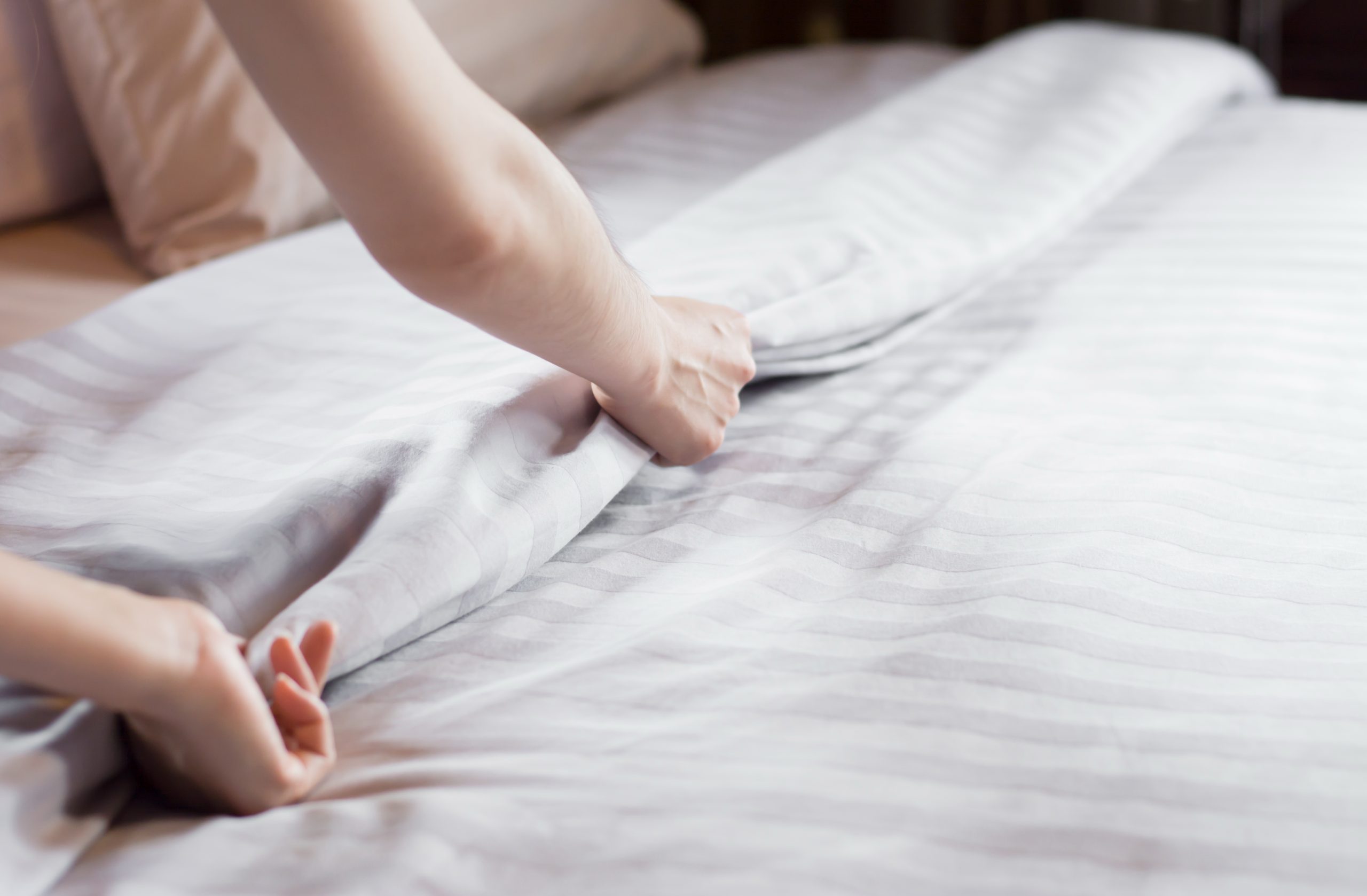Given the sleep inertia grogginess from your ill-timed snoozefest, you might even wonder, are naps good for you? The short answer is that it depends on a variety of factors. How long you nap, when you nap, why you’re napping, and a host of other variables affect whether a not a nap is going to improve or detract from the rest of your day.
With that said, there are ways to make napping more beneficial so you won’t wake up feeling worse than before. Don’t simply pass out for hours and hope for the best—learn how to make naps work for you and your lifestyle.
The Benefits of Naps
Besides the welcome sight of your comfy bed and maybe a dreamy shredded memory foam pillow, there are plenty of benefits to be derived from naps.
1. Naps help you recharge
One of the biggest benefits of napping is the post-nap boost of alertness. A short catnap of 20 minutes can enhance motor skills and your attention span. An hour to an hour and a half of napping can lead you into deeper REM sleep, which helps solidify neural connections and can help you solve problems more effectively.
Research has shown that people who took a mid-afternoon nap got an energy boost similar to the energy boost you would get from a caffeinated beverage like coffee. While caffeine helps improve alertness and attention, naps may offer an even bigger benefit because they help increase your learning capacity and memory consolidation.
With that said, naps between 30-60 minutes will likely leave you feeling the effects of sleep inertia most profoundly because that’s when you’re just entering the deeper stages of sleep, when your brain waves slow down. When you wake up from this length of nap, you’re much more vulnerable to feeling worse than if you hadn’t napped at all.
2. Naps may reduce stress
If your schedule allows for regular, short naps of 20 minutes, you can effectively reduce your stress. Biological markers of stress such as hormone levels showed improvement after naps for sleep-deprived study participants. Short naps allowed people’s neuroendocrine and immune systems to recover faster after a night of limited sleep.
3. Naps may improve mood
A University of Michigan study for that after taking a 60-minute nap, people were less impulsive and had a higher frustration tolerance compared to the control group who watched a nature documentary for an hour instead of napping. Researchers believe that naps may help your emotion regulation by allowing you to gain distance from an emotional event.
4. Naps boost memory and learning improvement
A University of California study found that study participants did better on a test after sleeping overnight than they did immediately after learning it. And, after taking 60- to 90-minute naps, the participants did just as well on the test as they would have with a full night of sleep.

What Naps Can’t Do
Naps can’t make up for your chronic sleep debt. If you regularly don’t get enough sleep, you’re putting your health in danger because of the negative effects of sleep deprivation like brain fogginess, driving impairment, and short-term memory issues. Naps shouldn’t be substituted for a healthy sleep schedule and getting good sleep. If you don’t know how much sleep you need, you can read our guide to sleep amounts here.
While napping does offer certain benefits, if you’re feeling sleepy all the time and find yourself needing to nap every day to function, there may be something more serious going on. Depression, sleep disorders, hormone imbalances, and other ailments can disrupt your circadian rhythm and leave you feeling fatigued. If you feel like your naps are a necessity rather than a supplement to your sleep schedule, it might be time to schedule an appointment with your physician to determine whether or not there’s an underlying cause.
If you deal with insomnia issues, it’s also a good idea to stay away from naps because it could make it less likely you fall asleep at night.
Naps are healthy only when they serve as a supplementary boost of energy or a method to fight off the afternoon slump many people experience when blood sugar levels drop between the hours of 1 pm to 3 pm.
How Long Should a Nap Be?
For a successful nap that leaves you feeling refreshed and ready to go, follow these nap length guidelines by the American Sleep Association.
- 20 minutes: This an ideal power nap sleep length that will allow you to gain the most benefit from snoozing without causing grogginess. You can even give yourself a 30-minute time period to sleep if you need some time to wind down before actually falling asleep.
- 90 minutes: Although a nap of 60 minutes may benefit some, it’s also likely that you’ll wake up feeling tired, as most people will just be entering a deeper phase of sleep after an hour. In some cases, a 60-minute nap may improve creativity and memory, but post-nap sleepiness may negate those effects. However, a 90-minute allows you to get through a full sleep cycle and wake up feeling refreshed.

How to Take a Good Nap
So, you’re ready to nap? Keep the tips below in mind before you pass out in the middle of the day and wake up groggy, regretting your sleepy decision-making.
-
Keep your naptime short
Think power naps for ten to twenty-minute increments. The longer you nap, the higher the chance you’ll wake up feeling tired. That said, sleeping for 90 minutes allows you to fall into a deeper sleep and complete a full cycle.
-
Practice good sleep hygiene
Keep your phone out of sight, get out that weighted blanket, darken the room, set an alarm, and quiet your mind. It’s nappin’ time.
-
Pick a cool spot to get some shuteye
Keeping the area where you sleep cool is an easy way to help you drift off to sleep during a nap. If you find that you overheat when you try to nap, you may want to invest in a copper-infused mattress that keeps your body temperature cooler.
-
Sleep during the early afternoon
Are naps good for you? Yes, especially when your body is getting tired in the early afternoon before 3 pm. Any later and you risk confusing your body about bedtime.
-
Pick a nap strategy
- Coffee Nap: Some experts swear by this napping trick when you need a quick pick-me-up to face a long day ahead. Consume 6 to 8 ounces of coffee quickly with a caffeine content around 90-100 mg. Lay down to rest for 20 minutes. Upon waking, you’ll get a nice rush of energy as the caffeine starts to kick in as you nap ends. It’s recommended that you don’t use this nap strategy more than twice a week.
- Early Afternoon Power Nap: If you feel your energy fading in the early hours of the afternoon, a short nap can help you overcome some of that fatigue. A 25-minute nap between 1-3 pm can help you feel sharper and clear-headed the rest of the day.
- Lifestyle Nap: Are you going to go out for a special occasion and know you’ll be out late? You may want to consider what we’re calling a lifestyle nap. Plan to sleep for 90 minutes before you’re headed out for your night on the town. However, this isn’t a long term solution and should only be used for occasions when you know you’ll be out late. In addition, it’s important that you still wake up at the same time in the morning the next day—regardless of when you sleep. This will help ensure you go to bed at a regular time rather than ruining your current sleep schedule with a marathon napping session.
- Athletic Performance Nap: Sleep is integral to athletes’ performance on the field, court, or course. A short 15- to 20-minute nap before a game or race can help you get a mental and physical edge. The only catch is that you’ll need to give yourself enough time to work off the sleep inertia—those groggy post-nap feelings—after you wake up. If you don’t, you’ll feel like you’ll be sleepwalking which makes the nap totally ineffective.
- Time Zone Adjustment Nap: Traveling is exhausting. Regardless of how far you’re traveling and by what means, travel requires lots of planning and sometimes flexibility as schedules change or flights get canceled. If you’re entering into a different time zone when you’re traveling abroad, one of the best ways to cope and feel more refreshed is to take a short 20-minute nap. It will allow you to sight-see and explore, without feeling like you’re in a daze from a lack of sleep.
Takeaways: Napping is the Answer… Sometimes
While napping isn’t the solution to all of your life problems, it can provide distinct advantages in situations where you need a short-term energy boost. Sticking to short naps over multi-hour snoozefests and prioritizing a healthy sleep schedule can help you get the most out of your napping sessions. Are naps healthy? Yes, if you practice good napping behavior that isn’t stemming from a sleep disorder or other issue.



